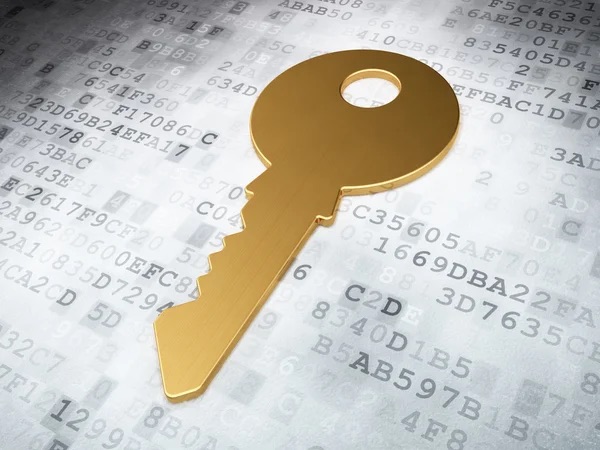This guide is dedicated to my old friend ULTRA, since he brought me to the Idea writing about this Topic. Feel free to check out his twitter. As a Bitcoin holder, the security of your digital assets should be a top priority. Ensuring the safety of your private keys is critical to prevent unauthorized access to your funds. In this guide, i‘ll walk you through the essential steps to create backups and securely store your private keys, so you can have peace of mind knowing your investment is well-protected.
Grasp the importance of your private keys
A Bitcoin private key is a unique alphanumeric code that grants you access to your cryptocurrency wallet. It’s crucial to keep this key safe and confidential, as anyone who gets their hands on it can potentially siphon off your funds.
Master the art of creating a secure backup
Creating a foolproof backup of your private keys is vital to avoid losing access to your Bitcoin wallet if your device gets lost or compromised. Here are a few popular methods for backing up your private keys:
a. Paper wallet: Jot down your private key on a piece of paper and store it securely. Ensure it’s protected from fire, water, and other potential hazards that could cause damage.
b. Metal backup: Opt for engraving your private key onto a piece of metal or use a specialized metal backup device like Cryptosteel or Billfodl. This offers superior protection against physical damage and is immune to fire, water, and corrosion.
c. Digital backup: Encrypt your private key in a file with a robust password. Save this file on an external storage device (e.g., a USB drive) or buy a separate laptop on which you ONLY install a bitcoin wallet and nothing else. Maintain multiple copies of your digital backup in various locations.
Invest in a hardware wallet
Hardware wallets are dedicated devices that store your private keys offline, offering enhanced security compared to software wallets. By remaining disconnected from the internet, hardware wallets drastically reduce the risk of hacking. Some popular hardware wallets include Ledger, Trezor, and KeepKey.
Choose secure locations to store your backup
Safeguard your backups in safe and separate locations to minimize the risk of theft or damage. Consider storing them in a home safe, a safety deposit box, or entrusting them to reliable family members or friends. Don’t forget to maintain multiple copies of your backups to reduce the risk of loss.
Test your backup periodically
Regularly test your backup to ensure that you can recover your private keys when necessary. Familiarize yourself with the procedure of importing your private keys into a new wallet, should your original wallet become lost or compromised.
Maintain confidentiality with your backup information
Never share your private keys or backup details with anyone. Even if you trust someone, they might inadvertently expose your private keys to others, endangering your funds.
Update your backup consistently
If you create new wallets or generate additional private keys, update your backups accordingly. Periodically check your backups’ integrity to ensure they remain readable and functional.
Conclusion
Safeguarding your Bitcoin private keys is crucial for the security of your cryptocurrency investments. By following the steps outlined in this guide, you can minimize the risk of loss due to device failure, theft, or hacking. Always remember, the security of your private keys is your own responsibility, so take the necessary precautions and enjoy the benefits of your secure digital assets.

